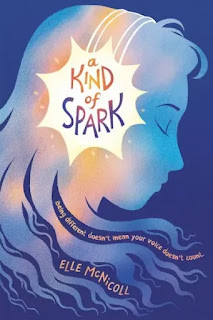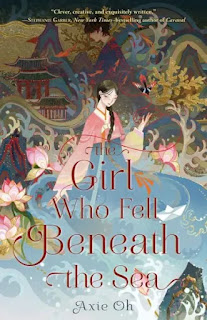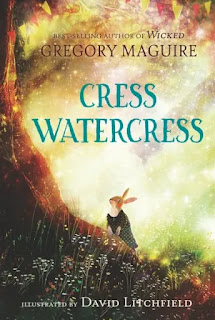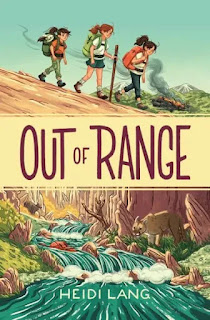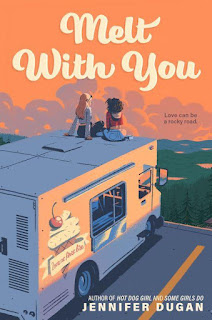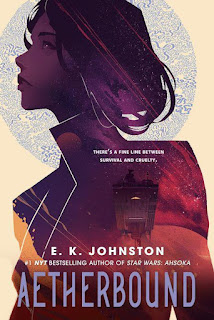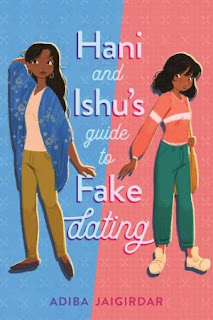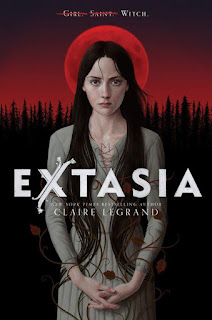Mimi has struggled with a conflicting pair of desire: to be popular and to have a private life. She's an influencer with a popular blog but is stunned at the cruelty of her readers. As she turns sixteen, she is growing aware of the double standards to which young women are held. Her mother is far from sympathetic, bitterly attacking her for not posting irresponsible pictures (i.e., not following the rules of being a "good" girl) and failing to think through the consequences of her actions.
Her mother knows all about those double standards. She's in the midst of the backlash from her own decision to come out and accuse a public figure of having hurt her when she was sixteen. Under that pressure, Mom shuts Mimi off and abandons her, just as Mimi is enduring her own version of the same events.
Mimi, left alone on her own sixteenth birthday, digs through old dusty journals she finds in the attic. They turn out to have belonged to her mother, grandmother, and great-grandmother -- generations of women, who at sixteen faced the same experiences, the same painful double-standards, and the same consequences. While powerless to change their circumstances, each young woman (within the "lawless spaces" of their private diaries) poured out the truth. Taking in the fact that the more things change, the more they stay the same, Mimi becomes determined to break the curse that has afflicted the women in her family (or perhaps all women?).
Reading a story of intergenerational sexual abuse (including an unwanted pregnancy and forced adoption) is perhaps not the most cheery piece of literature to be reading on the day that the Supreme Court overrode Roe v Wade, but it may in fact be appropriate. As I am today making the mistake of reading people's Facebook feeds (and the comment streams in particular), I am reminded of the terrible tendency of human beings to oversimplify and choose witty snarks over complicated truth This book reminded me that the world is not nearly as simply as we try to convince ourselves it is.
I went through distinct waves of emotion while reading the book. At first, with its litanies of the wrong men do to women, I wondered what new ground could possibly be covered here. Did we really need another story of girls being taken advantage of and having their lives destroyed? As the sheer cruelty of Mimi's mother was revealed (and excused in the name of everything Mom was dealing with), I began to wonder if the author would ever connect the dots between the family's unhealthy psychology and its perpetual victimhood. In developing that feeling, I wrestled with the guilt that I was blaming the victims. I struggled with trying to explain why it was all so much more complicated. I was already thinking about how to explain in this review that the women were not to blame for their being assaulted but were for their lack of compassion. Then the author beat me to it and went so much farther than I had thought to. By the last stanza, I was blown away by the beautiful and devastating way that Haydu captured the complex interactions of misogyny that make women their best friends and worst enemies simultaneously. No matter that very little of the story is tied up at the end. Instead, the book concludes with an understanding that acceptance does not necessarily come from neat ribbons and bows, and that that's OK.
Told in verse, this 490 page book is mostly white pages and a lightning fast read. Poetry is useful in this case because it allow Haydu to leave things unsaid and unresolved. It permits things to be implied and felt without having to actually spell them out. Verse also has its weaknesses. Within the poetry, all of the characters sound the same. With voices from six different generations of women, there should have been nuances and differences in tone. But while they had different values, they all sounded alike.




